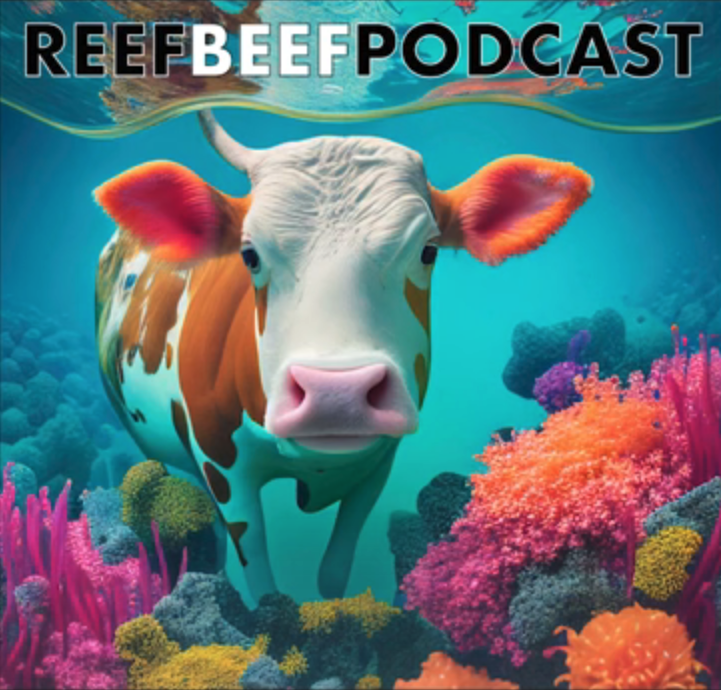From Advanced Aquarist
This week, Chad Vossen of Vossen Aquatics and builder of the famed Vossen Larval Snagger, started feeding tiny clownfish, including Platinum clowns to his very young Dwarf Cuttlefish, Sepia bandensis. Cuttlefish hunting and feeding is always amazing to watch, but watching a cuttlefish hunt and eat a captive bred designer clownfish brings the experience to a whole ‘nother level that will thrill some while making others uncomfortable. After all that is a captive bred fish, and every captive bred fish is special, and expensive captive bred fish are even more special right
One of the biggest hurdles in breeding cuttlefish and other cephalopods is the need for different sizes of live foods as the cuttles grow. Hatchling cuttles need tiny prey, juvenile cuttles need bigger prey, and adults need still bigger prey. Living by the ocean, I have been lucky to be able to collect my own different sized cuttlefish food, including amphipods and crabs, as I need it, as well as being able to purchase live marine shrimp from local bait shops. The access to such foods is one of the things that has helped me be successful in cuttlefish and cephalopod breeding. For people who don’t live near the ocean interested in breeding cuttles and cephs, my advice has been to spend the money to have the live food shipped in because breeding food for cuttlefish, mostly shrimp and crabs, turns out to be time and space consuming, and expensive. However, with the advances in marine fish breeding a new source of marine feeder fish may be opening up.
At the 2012 Marine Breeders workshop, I suggested that a way for breeders of cuttlefish to feed their voracious charges might be to feed them clownfish – clowns are not wild caught animals, they are easy to breed, easy to have on hand at all different sizes. Even better, many breeders cull their batches of clownfish, weeding undesirable traits or unhealthy stock, so it seems to be a great idea not to let these fish go to waste. Besides being a desirable pet fish, clownfish could also be the captive bred marine feeder fish that people keeping marine predators have been waiting for. Instead of feeding wild caught Chromis or damsels to finicky predators like Angler fish, Rhinopias or cephalopods, or enriching the feeding regimes of Lionfish, Groupers, or Dr. Seuss fish with wild caught prey, we could be feeding these animals locally sourced, captive bred food.
At the workshop, I talked about the clownfish breeding I was doing at home and that I couldn’t wait to post some video of cuttlefish eating designer clownfish. The idea was met with mixed reviews by the marine breeders present. Some agreed that it was a good idea, that we really needed some marine feeders. Some agreed that it would help land locked breeders without access to wild amphipods or mysis, inexpensively feed cuttlefish juveniles. Some were worried that selling culls would set a bad precedent. Some worried that cuttles wouldn’t eat clowns, nor would other predatory fish. Since the workshop, my pairs of breeding clowns haven’t been very helpful so I haven’t been able to give it a try, but Chad did with stunning success.
Might this pave the way for a whole new market for Clownfish breeders? I hope so, and, since live foods often seem to be linked to breeding success, perhaps being able to to purchase feeder clownfish at 10 cents a piece will lead to more success with captive bred predator animals. In the meantime, I eagerly await the video of an adult cuttlefish eating adult, captive bred, designer clownfish.
For more information on breeding cuttles check out: https://packedhead.net/2009/sepia-bandensis-husbandry-and-breeding/. For more information about cephalopods, visit www.tonmo.com.
